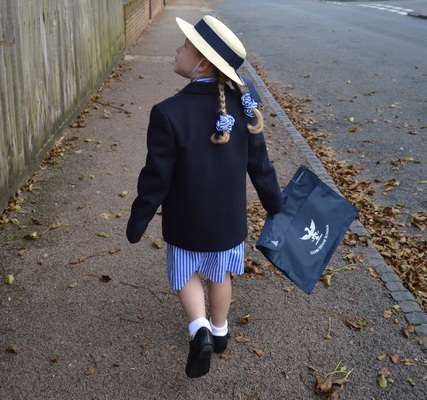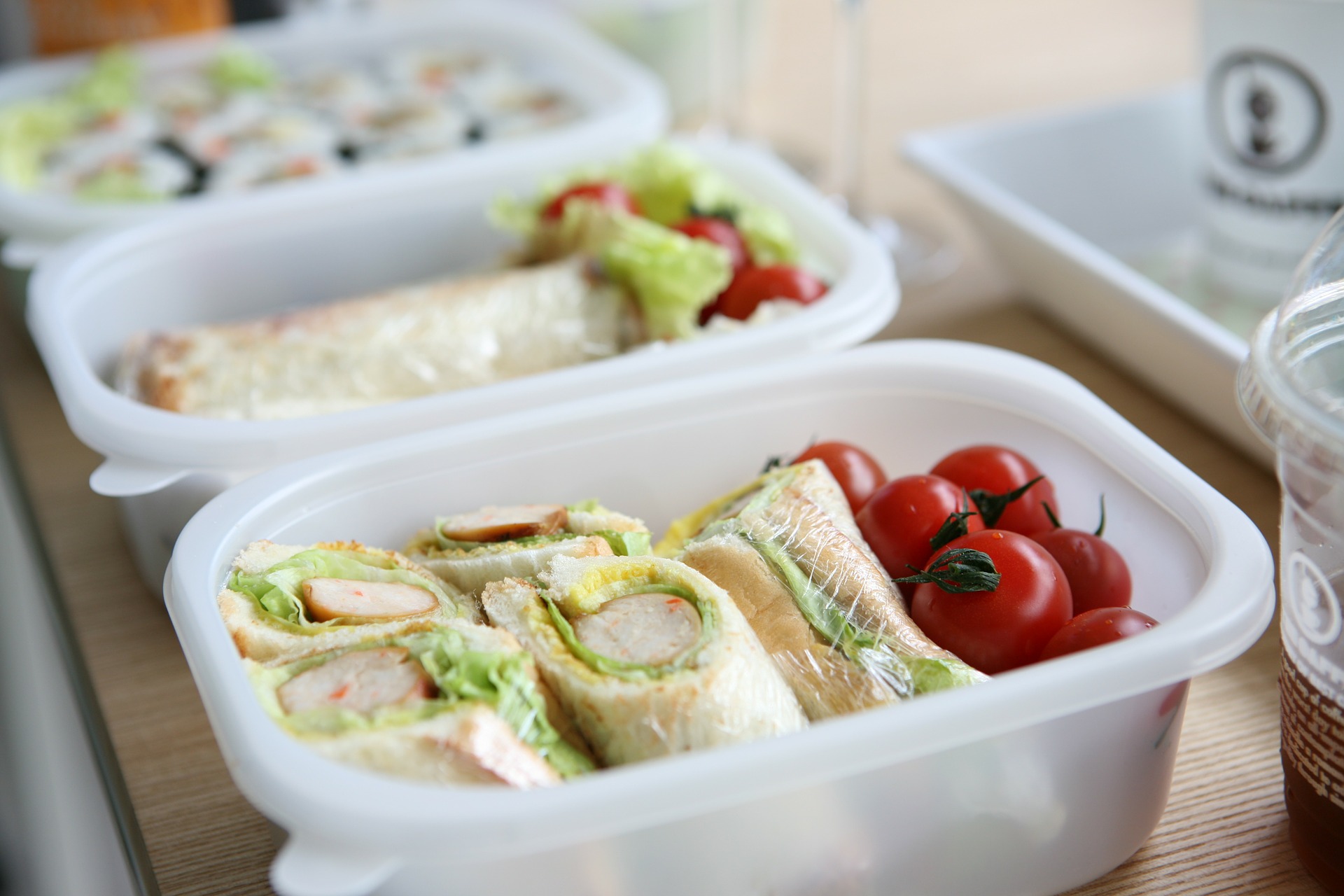By Melissa Grant
Starting school is a momentous occasion in a child’s life.
It’s a major milestone for children and their parents, and one that’s filled with a mix of emotions.
To help make the transition as smooth as possible, there are many things mums and dads can do to prepare their child.
Emeritus Professor Bob Perry is an education expert in transitions, having developed a guide featuring multiple case studies experienced by parents, teachers and kids during the transition to school.
Prof Perry says while beginning primary school can be a challenge, most children find it enjoyable.“Children of that age want to grow up – they see excitement in growing up and they want school to be different. So we shouldn’t worry that it is different as the kids want it that way,” he explains.
The move from kindergarten to primary school, he says, is all more about a child’s social and emotional development, rather than academic.
Here, Prof Perry shares his top tips to help a child prepare for primary school.
TALK: Start talking to your children about school. This includes talking about the school itself, what it was like when you went to school, what’s changed since you went to school and what it will be like for your child to go to school. Ask your child about what’s concerning them and what are they looking forward to? Like most people, children will bottle things up unless they are specifically asked about them. For example, the child may be particularly worried about the playground – sometimes playgrounds can be a bit daunting.
MANAGING EXPECTATIONS: The key is being honest, even if you didn’t particularly like school. Parents can talk about some of the positive things that did happen when they were at school. Be honest about it, but make sure you know what will happen when they go to school. For example, I know some parents who talk about children lining up before going into classroom – this doesn’t happen at some schools anymore. If child sees that doesn’t happen then the parent loses some credibility with the child. It’s important for parents to talk to the principal or teacher about what happens in that particular school.
Another thing is many children wish they’d known before their first day is that everyone wears a school uniform. We often make a big deal about getting their uniform but forget to tell them everyone will be dressed the same.
LUNCH BOXES: Buy a lunch box and check your child can open it. There seems to be a tendency to buy the latest superhero lunchbox or whatever the trend is, but the critical thing is that your child can actually open it. Talk to your child about having lunch at school and be sure to tell them that you don’t eat everything at once! Also make sure you can pack lunches that don’t require wrap or foil, so that the kids don’t have trouble unwrapping their food.
TOILETS: Going to public toilets is critical for both boys and girls. School toilets are different to home toilets and preschool toilets. While school toilets have improved a great deal, they aren’t as sparkling clean as the toilet at home or at kindy. And, for the first time, kids will have to make a choice about whether they go to the boys toilets or girls toilets – they need to know about that. For boys it is important they know that there are different ways of going to toilet other than standing over a bowl. These are the practical things.
PLAYGROUND PRACTICE: Take your child to big public spaces. Take them to the park and let them play on the playground equipment. Schools have playgrounds that are bigger than they are used to with more people in them and less adults per child. The children need to have experience around these things. While you are there take them to the toilet!
MEET AND GREET: Before the school year begins, every parent should take their child to the school to meet the principal and the potential teacher. It’s important to take your child with you as you want them to feel a sense of belonging. You need to know the teacher, so you don’t have to get on the phone and start introducing yourself if there’s a problem.
AFTER SCHOOL CARE: This is something that tends to be forgotten. After school care is another transition that can be challenging. Certainly at prep level you go there to play, but you have to get there. For some kids that means walking across the playground, but for others it will involve getting a bus. The child needs to be prepared for that. They need to go and visit the after school care place. Sometimes it’s not a bad idea for kids to go to vacation care for a couple of days to get used to that transition. However this only works if the actual after school place they will be going to offers vacation care.
SPECIAL NEEDS: Often with children who have special needs, there will have been a very extensive transition to school program. This is generally instigated by the parent or kindy teacher. Providing the child is identified as having special needs, there is usually meetings between school representatives, principals, the teacher, kindy teacher and therapists of various sorts. They work out an individual plan for these children. Parents need to make sure this happens. If they know child has additional needs, the school has to be aware about it before they can do anything about it.
WHAT TO DO AT HOME: Don’t organise a big party to celebrate starting school in first week. Your child will be too tired – it’s a big change. Like many people, kids are not necessarily going to be ready to talk about their day as soon as they walk in the door or get in the car. Sometimes there needs to be tricks played to get the kids talking. Sometimes it’s worth parents just talking with teacher at end of the day and asking them how things are going. At least that gives the parent a way in by saying ‘Ms So and So said you enjoyed doing such and such today, would you like doing more of that at home?’ It’s all about communicating when you know more about what’s going on. Sometimes the child won’t want to talk and that’s OK. However, if they spend the first six months not wanting to talk you may want to have a yarn to the teacher about it.
WHAT IF MY CHILD COMES HOME UPSET? Before your child comes home upset, you need to know the teacher so you don’t have to get on the phone and start introducing yourself. You want to get straight down to the business and say ‘we have a problem’. It is a problem that everyone – the teacher, parent, school and child will have to work out together. It’s possible your child will come home and throw their bag down and say ‘I’m not going back there’ because of an incident. The parent needs to get straight onto the teacher. The big problem is if a parent tries to solve problem themselves as they only know part of the story.










